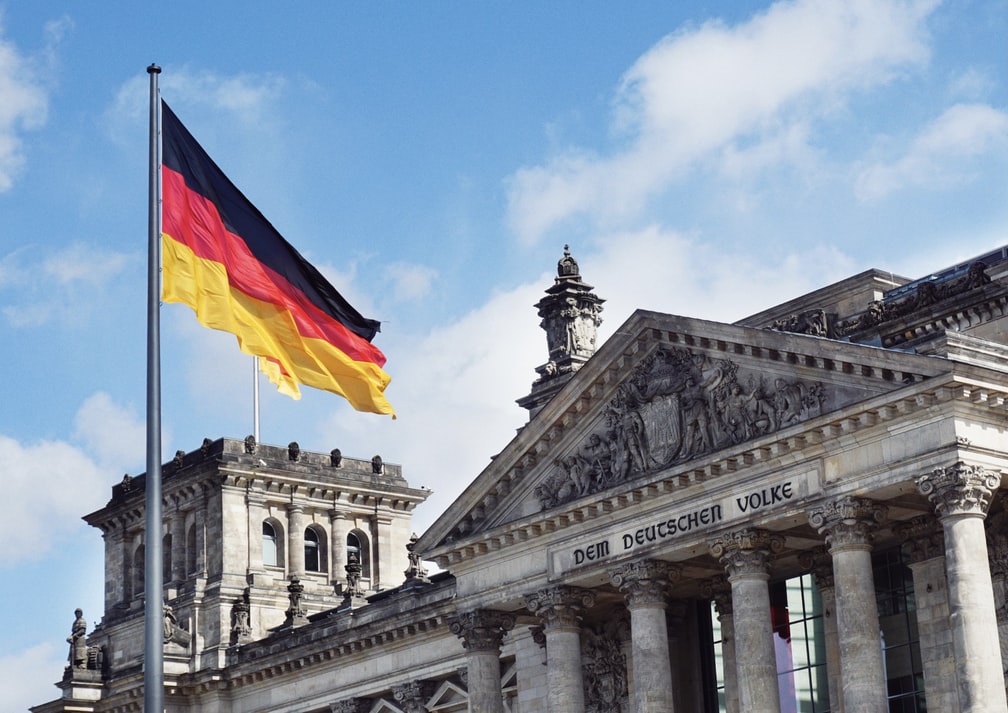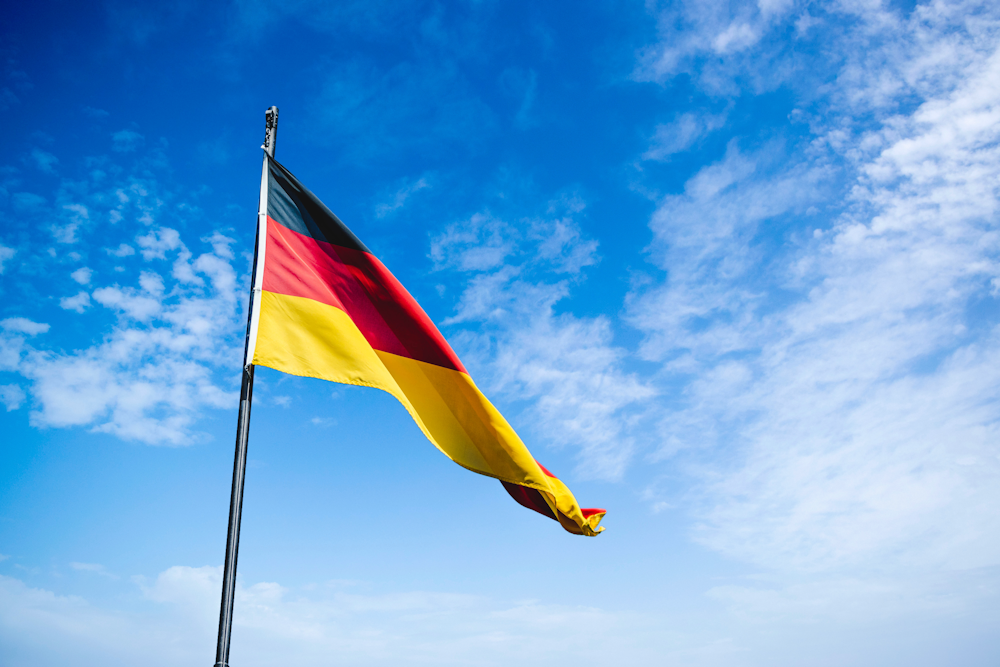
They are not satisfied with short-term trips on a Schengen visa, which allows them to stay in a European country for no more than 90 days within 180 days. You cannot officially study, work or conduct business with this visa, except for business travel. Therefore, they are interested in a residence permit (residence permit) in Germany.
Even in 2021, many ways to legally obtain the right to a long-term stay in Germany remain in service. Moreover, Germany is opening its labor market to foreigners without higher education. Since March 2020, they have received the right to enter the country for six months on a long-term national visa category D to look for work in their specialty.
Persons who have a direct German descendant of a Jewish ancestor who lived in Germany receive a permanent residence permit immediately after arriving in the country. And people with a large fortune, whose family capital is from 1 million euros, can quickly and easily apply for a residence permit in Germany without investment.
Living costs in Germany in 2021
Germany’s well-being, in comparison with the rest of the EU, is evidenced by its high standard of living, social security of citizens, and wages. The average salary in the country is 3800 euros before taxes, and after that, the amount becomes equal to 2400 euros. A person with a higher or specialized secondary education can count on such a salary, working 8 hours a day.
The minimum wage in Germany in 2021 for 160 hours worked per month is € 1,495. The minimum wage for a German employee is € 9.35 per hour (excluding tax deduction).
The average family in Germany spends around 1,500-2,000 euros per month on clothing, utilities, food, travel, and leisure. The living wage for a family in 2021 is something like this:
for the head of the family – 331 euros;
for each family member – 270 euros;
for students under 27 and children – 154 euros.
Residents of Germany can receive medical care free of charge and pay inexpensive tuition fees. Although Germans prefer to ride a bike or public transport, almost every family has a car that is also expensive.
The Germans are quite economical. With an average salary of 2500-3000 euros, Germans travel the world several times a year.
Documents needed for permanent residence in Germany
Documents for permanent residence for foreigners who have lived in the country for more than 5 years:
- Statement;
- International passport;
- 2 biometric photos 35 x 45 mm;
- Certificate of income for the last three months;
- Confirmation of employment, certificate of wages from the place of work;
- Registration certificate;
- Confirmation of the availability of housing that meets the established standards (purchase and sale or lease agreement);
- Integration course certificate;
- Language certificate of knowledge of German at the A1 – B1 level;
- Medical insurance.
Documents for permanent residence for late migrants:
- Application form (Antrag auf Aufnahme nach dem Bundesvertriebenengesetz);
- Power of attorney (Vollmacht) for a representative from Germany;
- Notarized copies of the passports of family members, which are included in Antrag;
- Notarized copies of certificates of family members (about birth, marriage, divorce, adoption);
- Copies of birth and death certificates of German relatives;
- Certificate of no criminal record;
- Copies of the workbook, diplomas, certificates, documents on the opening of an individual entrepreneur;
A language certificate confirming knowledge of German at the B1 level for the applicant and A1 for family members over 18 years old.
Documents for permanent residence for Jews from the former USSR:
- Application form in German;
- International passport;
- Birth certificate;
- Military ID;
- Certificate, diploma of education;
- Employment history;
- Marriage certificate;
- Certificate of knowledge of the German language at the A1 level and above;
- Confirmation of Jewish origin (birth and death certificates, old passports, house books, certificates from the archive);
- 2 photos 35 x 45 mm.
- The applicant does not provide the approval of the Jewish community in Germany – the migration office will require it independently.
Citizenship
The final stage of immigration is to obtain a German passport based on legal residence in the country for a residence permit and permanent residence for 8 years. The period of residence in Germany for obtaining citizenship can be reduced to 6-7 years if the foreigner has completed the integration course and knows German at the B2 level.
A marriage with a German citizen allows you to obtain a passport after 3 years of residence in Germany. Being born in Germany (“soil right”) does not give the right to citizenship. Germany does not recognize dual citizenship: to obtain a German passport, an immigrant must renounce the citizenship of his country. German citizenship gives an immigrant the same rights as German citizens, including political rights and the ability to travel without a visa to 189 countries around the world.
Requirements for obtaining citizenship:
- To live in Germany for 8 years based on a residence permit and permanent residence;
- Confirm knowledge of the German language at the B1 level;
- Pass the test for citizenship – for knowledge of German history, law and culture;
- Prove financial independence;
- Not receiving social assistance or unemployment benefits;
- Have no convictions for serious crimes;
- Renounce your previous citizenship.

